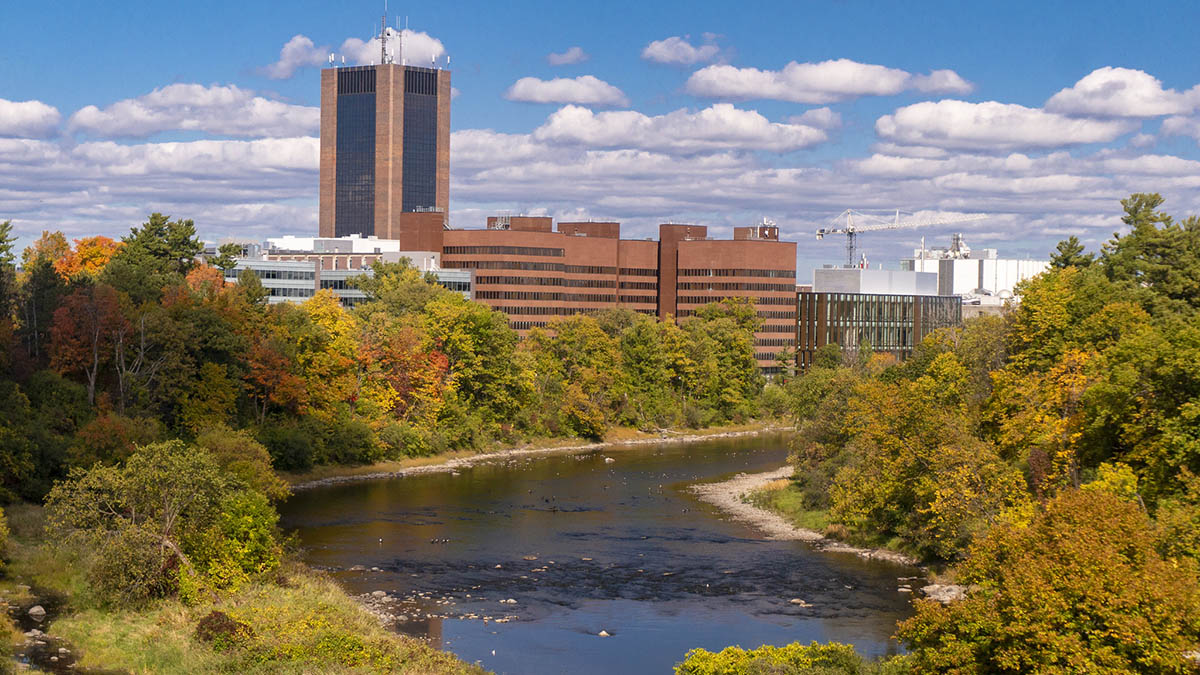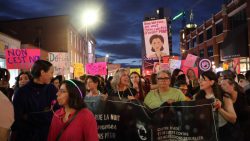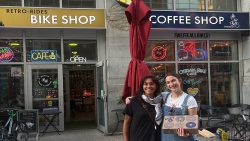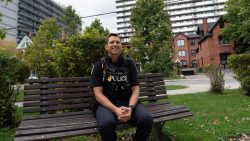As society seems to be hardening into diametrically opposed positions on a range of cultural issues, the need for an open dialogue between different people offers a path to a less confrontational and more open community.
That is one message that emerged from a panel discussion hosted by Carleton University’s School of Social Work this fall during its annual inclusion week. The online forum heard stories on race and equity.
“This kind of workshop is very important because, what we’re trying to do is to have people meet in dialogue, and we believe that this is what’s lacking right now in society in general, there isn’t enough dialogue among different people,” social work professor Claudia Lahaie told Capital Current.
“Even when the topics are very challenging and difficult, I think on a campus where we’re looking for a sense of belonging, it’s important to be able to have conversations with people who may not agree or may disagree on very challenging subjects.”
Lahaie and GénérActions project manager and consultant, Michele Buono led the session.
Inclusion week has been hosted yearly at Carleton University since 2018. According to the Department of Equity and Inclusive Communities “the goal of Inclusion Week is to raise visibility and awareness of the value of human rights work and EDI, explore practical ways to integrate its principles into our organizational structures and culture, and strengthen the potential for prosperity in the community.”
This year the week focused on ‘doing the work: reflecting, relinquishing, and reclaiming power of inclusion’ and invited “[the] Carleton community to consider some of the work [it has] been doing and to intentionally engage with relinquishing and/or reclaiming power within their respective spheres of influence.”
The discussion has an eye on what is taught in post-secondary institutions and what that means for creating a more inclusive campus.
Law and Legal Studies professor Danika Littlechild told Capital Current that she believes the universities have been reluctant to encourage curriculums that acknowledge diverse points of view and tackle racism and discrimination.
Littlechild, who is a member of the Ermineskin Cree Nation, said she feels this is a responsibility of institutions and added she believes curriculums have to change.
“[We need to] have someone go into those guides and provide diverse materials from diverse authorship, materials from people who are coming and speaking, from impacted communities,” Littlechild told Capital Current during the event.
“You teach science you teach biology. Here’s some diverse perspectives on biology. Yes, they exist.”
Littlechild added that the concept of academic freedom can be used as a shield that impedes diversification and inclusion.
“I think that there has to be some kind of obligation on the part of professors and departments to set their curriculum in a way that actually makes space for diversity, and makes the space for inclusion, so that students see themselves reflected,” she said.
In a conversation with Capital Current following the event, Buono said, there’s a reluctance to host sessions like the conversation of the collection of stories on race and equity, unless it’s done as academic exercises for academic purposes.
According to Buono, it’s often anticipated that people in more powerful positions don’t have similar struggles as others not in those positions, and/or they have the answers to all the questions, and that it’s not true.
“We’re trying to break down some of those barriers, where this idea around creating a sense of belonging is really important for us, and while we can’t do it in one session, the sessions are meant to go over two or three sessions, gradually,” said Buono.
Lahaie said having more discussions around race and equity is important as there have been many conflicts in the world that people have not been discussed with each other because they don’t know one another.
“Ignorance is one of the most difficult problems [that we need to address], and in that kind of exercise, people realize we’re all human, and in the end, everyone has their own issues, and their own feelings,” Lahaie told Capital Current following the event.
One of the main topics of discussion during the event was the available resources available to professors. Buono said professors need to be willing to express how they feel regarding the way things are run in their classroom and their departments.
“Professors have to be willing to say, ‘I have been teaching this course for 10 years. I don’t know where to go,’” she said.
According to Lahaie, Buono, and Littlechild, diverse authorship should be a requirement where professors should be able to choose their own selection of readings and/or requirements of their classes as it will have a significant change.
“Have someone go into those guides and provide diverse materials, materials from diverse authorship, materials from people who are coming speaking from impacted communities,” said Littlechild.
“Because if professors cannot find it in their day to figure out how to research for themselves to find diverse authorship and to offer those materials to their classes, maybe Carleton needs to provide that assistance to professors.”
Inclusion week was held between Oct. 16 and 20. The Department of Equity and Inclusive Communities hosts a variety of events year-round for everyone to be a part of. All their current and future events and projects can be found online.




